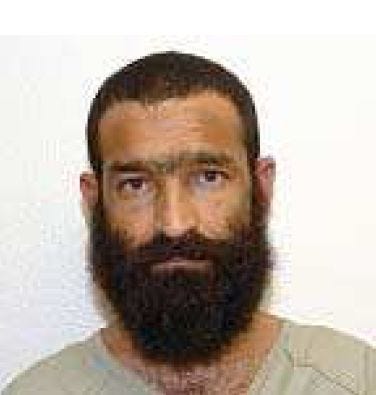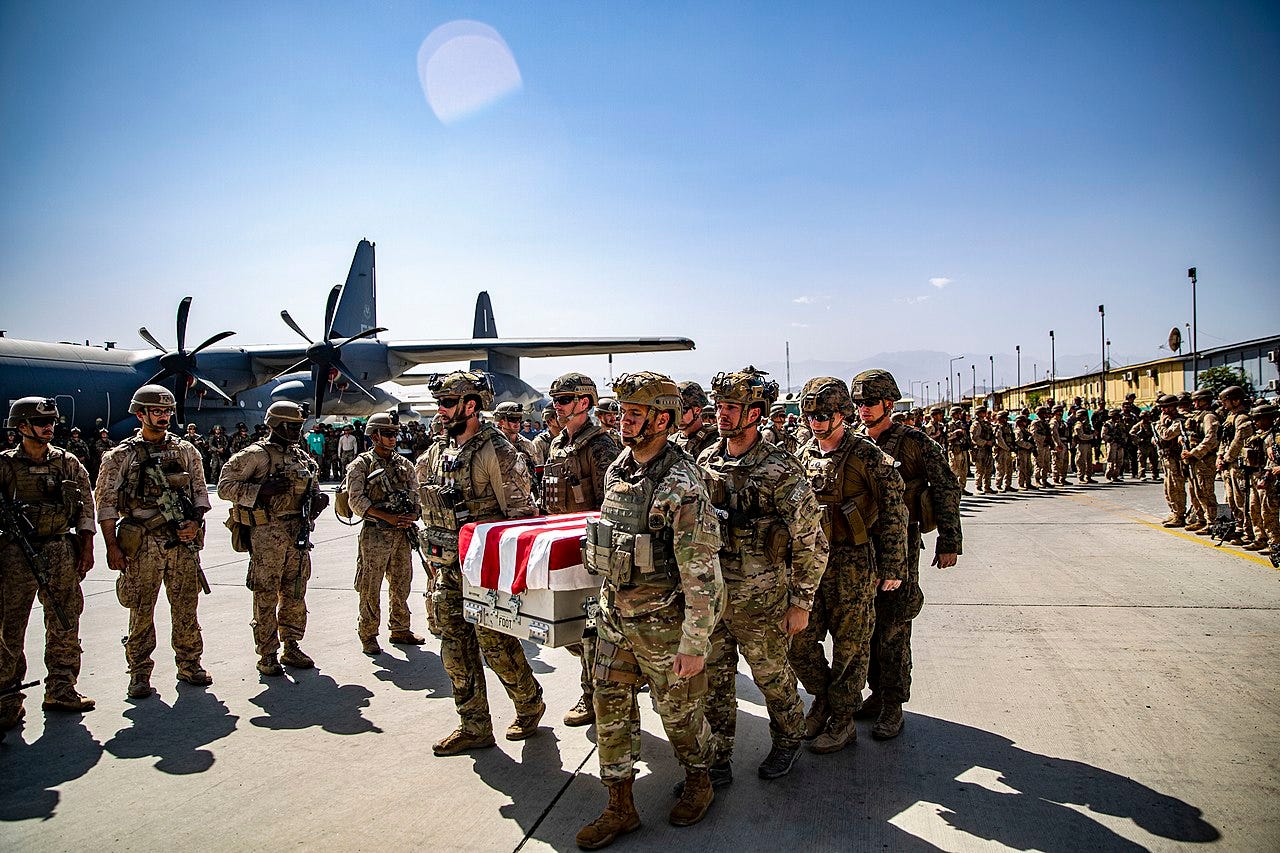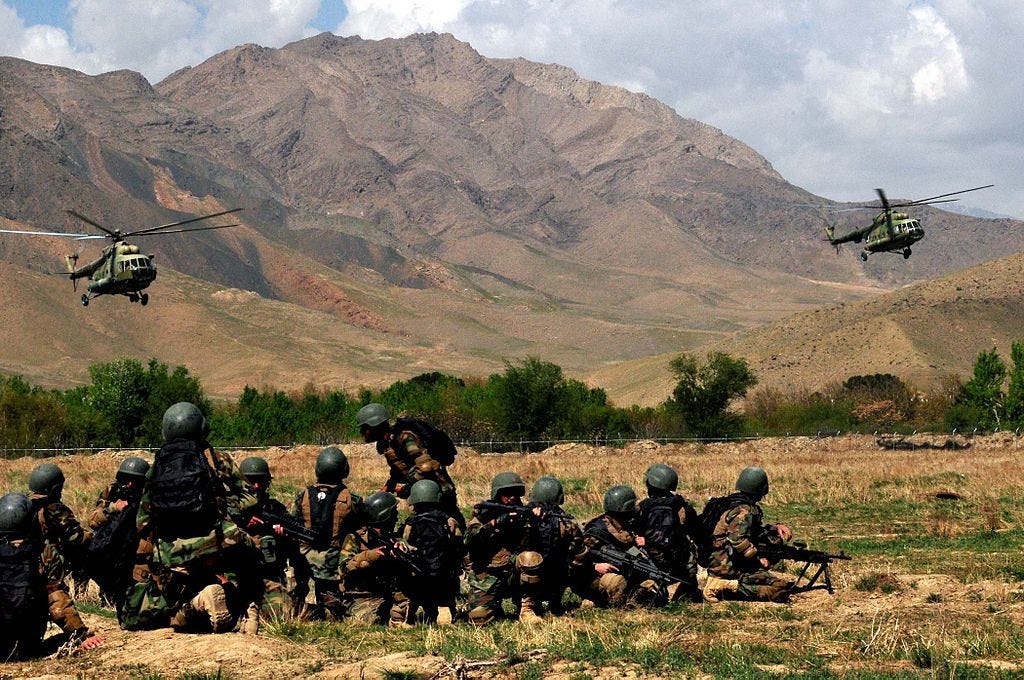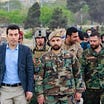The Prisoner Who Came Back to Kill
The Aftermath of the Fall of Afghanistan

One of the key facilitators of the Abbey Gate attack was Mohammad Sharifullah. He was arrested in 2019 by the Afghan National Defense and Security Forces (ANDSF) for his involvement in ISKP operations. He remained in Bagram Prison until the morning of August 15, 2021.
At approximately 11:30 a.m., as Kabul fell and the Afghan government crumbled, he was among hundreds of Islamic State Khorasan Province (ISKP)-affiliated prisoners who escaped. Given a second chance, he immediately resumed his role as a facilitator, playing a key part in organizing the Abbey Gate bombing just days later.
But this was only the beginning. After Abbey Gate, Sharifullah continued to coordinate attacks, not just in Afghanistan but across the region. He rose to a significant decision-making position within ISKP, strengthening its operational reach and influence.
The Architects of Terror Still Operate Freely

The masterminds of these attacks are still active today. Sanaullah Ghafari, the ISKP leader, remains at large, coordinating attacks with the full intent of striking U.S. and allied interests. Likewise, Sirajuddin Haqqani, the current Taliban interior minister and leader of the Haqqani Network, continues to operate with impunity.
Historically, the Haqqani Network and ISKP have worked in tandem, using a “pass-and-shoot” strategy—one group facilitating the logistics while the other executes the attack. The Abbey Gate bombing was neither the first nor the last such attack.
ISKP is stronger than ever. The group has rebuilt itself, expanded its recruitment, and developed extensive networks of sleeper cells worldwide, including in neighboring countries. Their operations are no longer confined to Afghanistan; they are actively planning attacks against the United States and its allies.
One of the most critical factors in this resurgence of terrorism is Pakistan. Pakistani ISI (Inter-Services Intelligence) has long played a double game—on one hand, providing support to terrorist groups while, on the other, presenting itself as a counterterrorism ally to the West.
With no U.S. military presence on the ground and no partnered force providing intelligence, Pakistan has been able to manipulate the situation to its advantage. It continues to harbor, train, and fund extremist groups while misleading the international community about its role.
For Pakistan, terrorism is not merely a security issue—it is a business model. ISKP is one of its key assets, used strategically to maintain influence in Afghanistan and the region while extracting security assistance from Western nations.

Given these realities, the U.S. must fundamentally rethink its counterterrorism approach. Trusting the Taliban or Pakistan as counterterrorism partners is a critical mistake. The Taliban’s leadership, especially figures like Sirajuddin Haqqani, are deeply entrenched in terrorism and cannot be relied upon to combat ISKP or other extremist threats.
The U.S. withdrawal left behind not only a power vacuum but also billions of dollars in advanced military equipment, now in the hands of hostile forces. This has only strengthened terrorist groups, giving them access to sophisticated weaponry and emboldening their operations. Suppose America is serious about ensuring its security and preventing another 9/11-style attack. In that case, it must establish a reliable partner force on the ground—one with both the will and capability to dismantle terrorist networks before they reach Western shores.
The ANDSF was that force before the collapse. We were trained by NATO, equipped with modern military capabilities, and committed to eliminating terrorist threats in Afghanistan and beyond. Unlike the Taliban, which harbors and collaborates with extremist networks, the ANDSF fought tirelessly to contain these groups.
We can be that force again. The U.S. must act before it is too late. A new partnership must be forged—one that empowers former ANDSF members and other willing Afghan forces to counter ISKP, the Haqqani Network, and their backers. Rebuilding such a force will not only restore stability in Afghanistan but also serve as a frontline defense against terrorism before it reaches the U.S. homeland.
The choice is clear: act now or face the consequences of inaction as ISKP grows stronger and more emboldened. Afghanistan’s collapse was not just a regional failure but a global security crisis. America must respond before history repeats itself.




